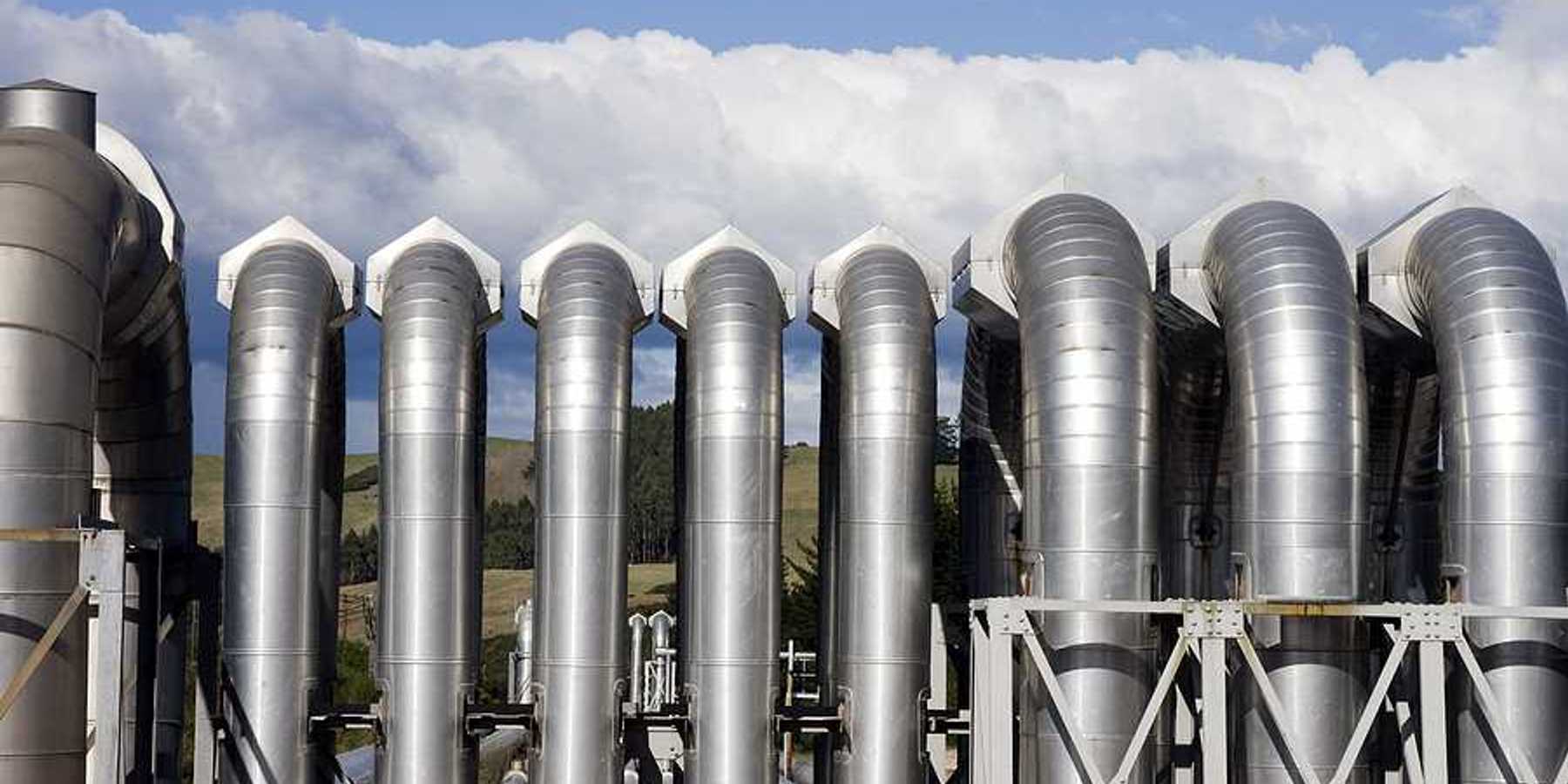Peter Dykstra: A year into the Biden Administration, environmental hope is sparse
As President Biden completes his first year in the White House, hopes for dramatic change on climate and environment blow away.
It was a miracle that “The Awful Truth” lasted 12 episodes’ worth of snarky, primetime attacks on major CEO’s and their blue chip companies—automakers, insurers, pharmaceutical and healthcare providers, TV network bosses, and more.
Such a network TV product has, of course, never appeared since. But the Awful Truth we face today is much more awful.
Here's a dive into the worrying recent happenings if you care about the environment. (Be prepared to be depressed).
- Democratic Senators Joe Manchin and Kyrsten Sinema fulfilled the Republicans’ fondest wishes to tank President Biden’s Build Back Better bill. It's worth noting that Manchin reportedly made nearly half a million dollars in 2020 from his coal-related stockholdings.
- Biden’s reversal of President Trump’s withdrawal from the Paris Climate Accord ultimately proved unsuccessful. The 2021 meeting, in Chile in early December, offered scant promise of great leaps forward.
- State legislative efforts to redistrict Congressional seats to better favor Republican candidates in the 2022 midterms and beyond.
- Failure to pass the new Voting Rights legislation would more deeply impact poor and minority voters (i.e. voters that tend to overwhelmingly favor the Democrats).
- Both of these moves reinforce the historical tendency for the party not holding the White House to get “walloped” in midterms, to use Obama’s characterization of the results of the 2010 midterms. The Democrats are expected to lose control of both the House and Senate.
- The party poised to resume its Congressional dominance later this year, and quite possibly re-capture the White House in 2024, is in deep denial on environment.
- The IPCC announcement, IMHO an unwise one, that 2030 somehow represents a hard deadline for global climate action. We’re down to eight years on that deadline.
- Evidence that climate change is upon us piles up: Droughts, downpours, freezes and famines are changing the face of global security.
- Internationally, we’re seeing several crises boil over: Ukraine is looking like a Cold War revival.
- North Korea’s missile tests are baaaack ...
- China’s sabre-rattling against Taiwan
- Whatever angst is left over for climate change also cannot be spent on the next environmental barn-burner: microplastics clogging our landfills, lakes, and lungs forever.
- Last July 4, Biden had his own “Mission Accomplished” moment, declaring COVID-19 to be all but vanquished. Then came Omicron, exacting a deep wound in the President’s credibility.
So I guess it’s clear that I’m not seeing many reasons to be cheerful. I’ll try and pull some together for next weekend.
Cheers!
Peter Dykstra is our weekend editor and columnist and can be reached at pdykstra@ehn.org or @pdykstra.
His views do not necessarily represent those of Environmental Health News, The Daily Climate, or publisher Environmental Health Sciences.
Banner photo credit: r3cycle.co.uk/flickr













